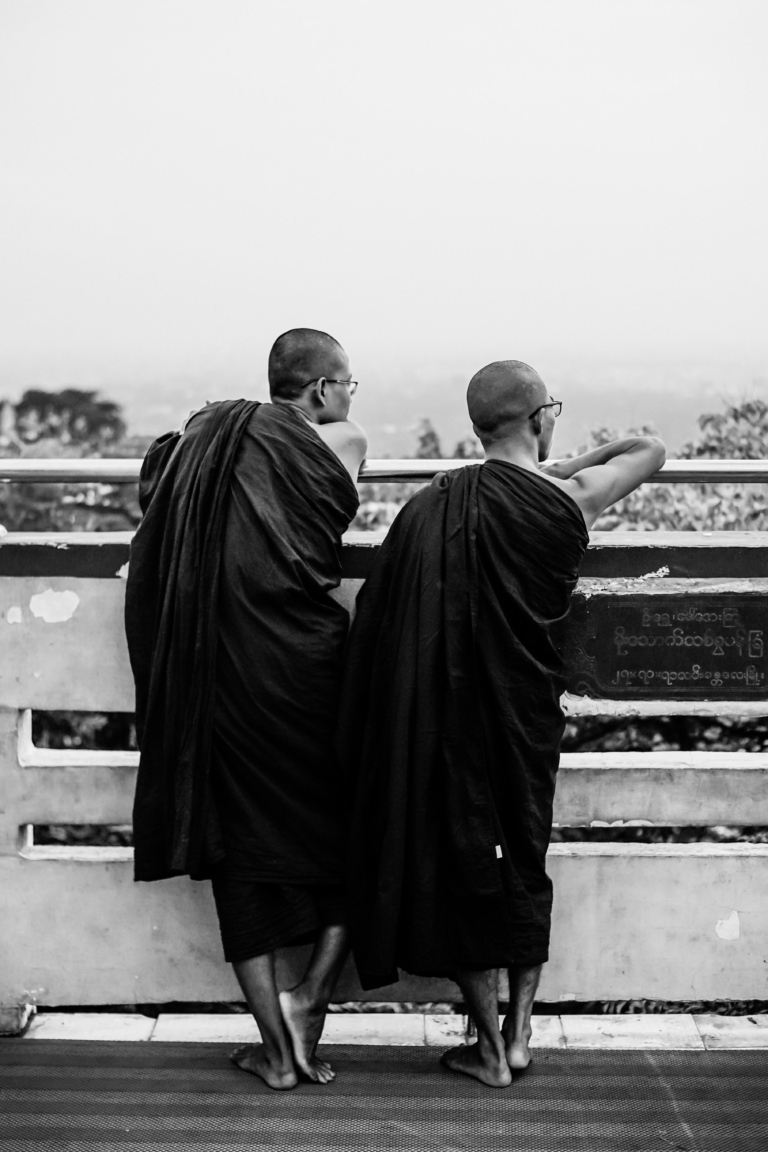EVOLVING EDUCATION
I learned as a kid that attaining an education included a well-rounded and an evolved idea of the world and your surroundings. The ability to present yourself well through an understanding of people and society. Evolving with time and being adaptable. The ability to articulate between right and wrong in more than one context – Personality traits being a default of someone who we call ‘educated’. However, when I was thrown into the education system, all of this was lost. I also noticed that not all educated people have these traits, and not all un-educated people lack these traits.
Today, many are qualified but less are educated in its core sense. Examples include some ignorant faces of the corporate world, governance and those who voted for Donald Trump… This generation is filled with profitable companies turning down educated individuals that lack transferrable, or what we call, soft skills. Graduate and professional programs turning down students holding a 4.0 GPA due to lack of life experience and extra-curricular involvement. While soft skills and life experience are important, it really makes you question, the definition of education and what it truly means to be ‘qualified’. So how can one attain all that in an impatient, competitive, GPA driven, specialized post-secondary education system and also have the time to gain life experience?

Education is an important part of human life – what you learn is who you become, but since everyone learns the same lessons in school, we actually decrease our individuality as we go through the system. This further disintegrates our creativity and then we go on journeys to ‘find ourselves’ (aka me and my fellow followers of Eat Pray Love). Universities are prided with their ability to specialize; with thousands of program offerings and course units, an attempt to “fit the economy’s needs”. We are taught from a young age that we must be a certain way to be successful, yet as we get those degrees and become educated, we lose our individuality. Instead of learning arts, science, creativity all together – we are told to focus on one. Whereas, when we step into the ‘real world’ we slowly realize we needed all…followed by a subtle redirection to mental health services.

I remember an overwhelming fear when dropping out of my chosen major in Biological Science. I wasn’t sure what the outcome would be, I wasn’t sure if I would ‘make it’! Furthermore, my parents were questioning the validity of my chosen career path. Also, South Asian society tends to gravitate towards science disciplines and that contributed to their negativity towards the arts. But it wasn’t so much what education I was pursuing that mattered to me, it was which education resonated with me, what kind of education do I need in order to ensure I have the tools to build traits that would give me a better understanding of myself and the world. In short, how can I contribute? I also realized, I was one of the few people that was even asking this question in university, that was even more frightening! So, people picked an education not based on who they are and their specific contribution but what the economy dictates and how they can fit in. As concluded by Friedrich Hayek, the economy is more-so shaped by behaviour than numbers.
I was lucky. Not only was I able to spend two years in a Biological Science major, but I later switched to Political Science coupled with some community involvement classes and topped it off with a minor in Economics. Anyone around me would think I was lost and did not have a clue how university works. But I felt the university did not have a clue how the world works. I couldn’t be happier with my choice in courses and my vast knowledge in all sectors – Allowing me to think, analyze and understand the world around me in all its complexity and vastness. It gave me the true foundation I needed and as ridiculous as I felt I knew I was better for it. At the time, University requirements only permitted 18-20 credits in another discipline. I decided to deviate from the system, paid a few extra dollars and took courses outside my area of study, surpassing my credit count.
In summary,
I realized the real issue was a deprivation of broad education, this was important to build traits and foundations which I mentioned at the beginning. I also realized; A broad education is one of the major contributing factors for those that lack post-secondary education but have succeeded in their life anyhow. Here I will mention the cliché examples of Bill Gates and Mark Zuckerberg being Harvard dropouts. They didn’t specialize in their respective degrees; they simply took a specialized idea and expanded the idea to fit the broader world. These men realized that they need education outside of their fields to apply those fields to the world. Bill gates reads at least 50 books a year, I doubt they are all related to software and computers.
That is essentially what an undergraduate degree and any education really is, a foundation and a compliment to your existing self. Not every education you pursue has to be vocational with direct job prospects, nor can it be. Some education is about bettering yourself so you can create your own prospects! It is important, as a student, to take charge of your own learning. You have to understand yourself along with attaining an academic education, you must understand the economy and the world all as the same priority. Because only then, can you really put your craft and your ‘qualification’ into practice. Universities need to realize that there is an obvious lack in terms of better education in a university campus! Of course, we acknowledged that years ago, but what we don’t realize is that this actually prevents students and faculties from contributing to the economy and society that the university is designed to serve. The broader your education, the more open minded you are, and likely to have a greater experience in life.
“The highest education is that which does not merely give us information but makes our life in harmony with all existence”
